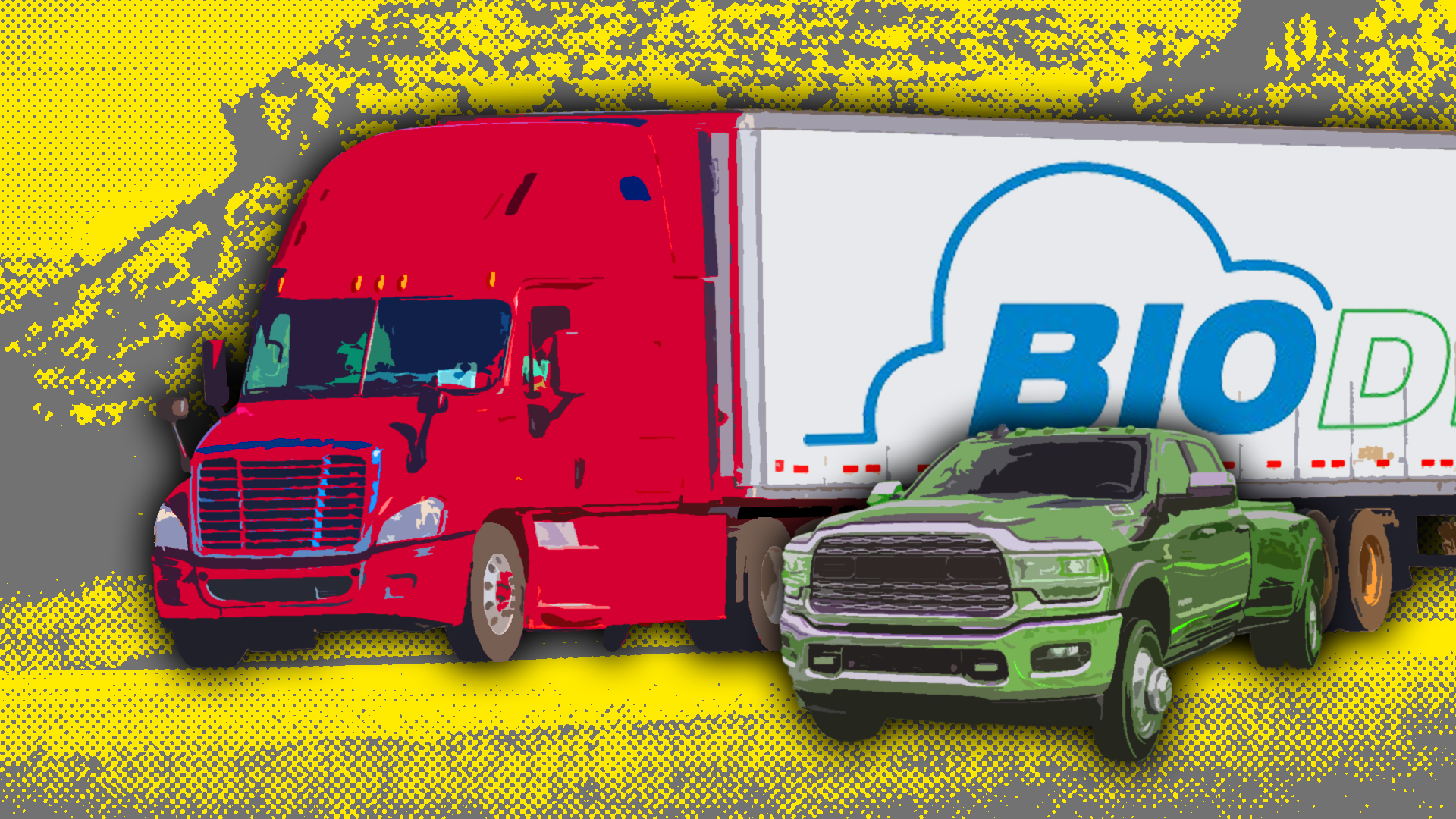The Biodiesel Decline: Understanding the Complicated Reasons Behind its Struggles

The Future of Heavy-Duty Trucks: Can Biodiesel Save the Day?
It’s no secret that the future of heavy-duty trucks is uncertain. With government officials demanding that automakers future-proof their trucks, the industry is faced with a daunting task. Electric pickup trucks, once hailed as the solution to the problem, are struggling to gain traction. Meanwhile, traditional diesel is embroiled in controversy, with the EPA cracking down on manufacturers and tuners who cheat on emissions tests. So, what’s the solution? One option that’s been largely overlooked is biodiesel.
What Is Biodiesel, Anyway?
Biodiesel is a renewable, biodegradable fuel manufactured domestically from vegetable oils, animal fats, or recycled restaurant grease. It can be blended with petroleum diesel in ratios of up to B20, making it a seamless replacement for traditional diesel. But what are the benefits of biodiesel?
The Benefits of Biodiesel
Biodiesel is a cleaner-burning fuel that produces fewer greenhouse gas emissions and less particulate matter than traditional diesel. It’s also biodegradable, non-toxic, and renewable. And, as an added bonus, it can be produced domestically, reducing our reliance on foreign oil.
Where Does It Go From Here?
So, what’s holding biodiesel back from becoming the go-to fuel for heavy-duty trucks? According to industry experts, it’s a combination of regulatory hurdles and resistance from Big Oil. "There are some detrimental regulatory policies today, and some of it’s being led by California that even though the objective is carbon reduction, the way the policy is prescribed, it is actually a technology-driven approach [and] electrification is the only strategy," says Huwyer, a leading expert in the field.
The Future of Biodiesel
Despite the challenges, biodiesel is a viable fuel option for the United States. It’s a cleaner-burning fuel that can be produced domestically, reducing our reliance on foreign oil. And, as an added bonus, it can be used in existing diesel engines with minimal modifications. But, to make it a reality, we need to overcome the regulatory hurdles and resistance from Big Oil.
Conclusion
Biodiesel is a viable fuel option for the United States, offering a cleaner-burning alternative to traditional diesel. While it’s not perfect, it’s a step in the right direction towards reducing our reliance on foreign oil and decreasing greenhouse gas emissions. But, to make it a reality, we need to overcome the regulatory hurdles and resistance from Big Oil. Only then can we unlock the full potential of biodiesel and create a cleaner, more sustainable future for heavy-duty trucks.






